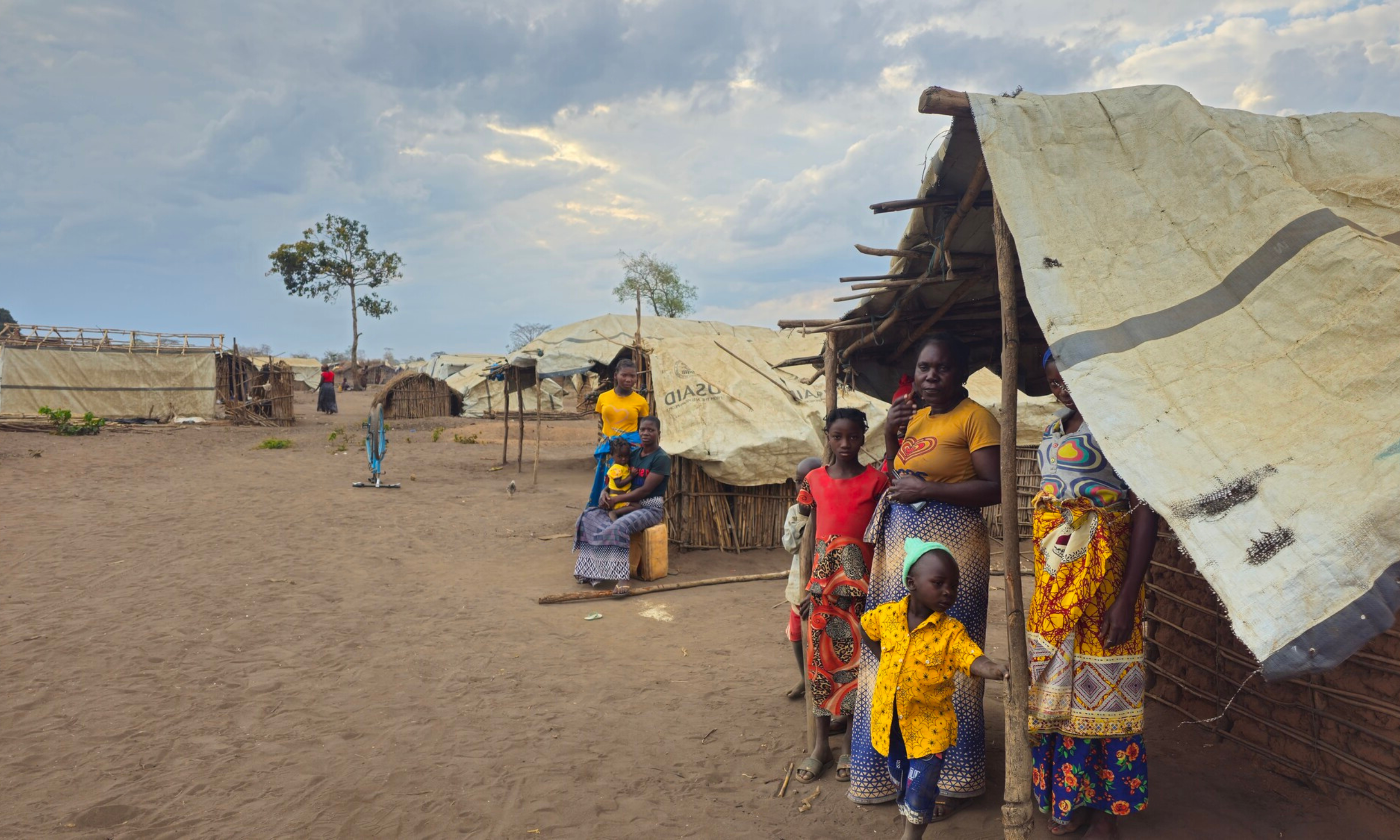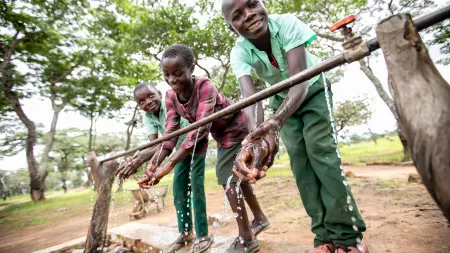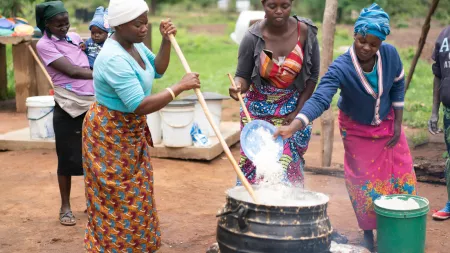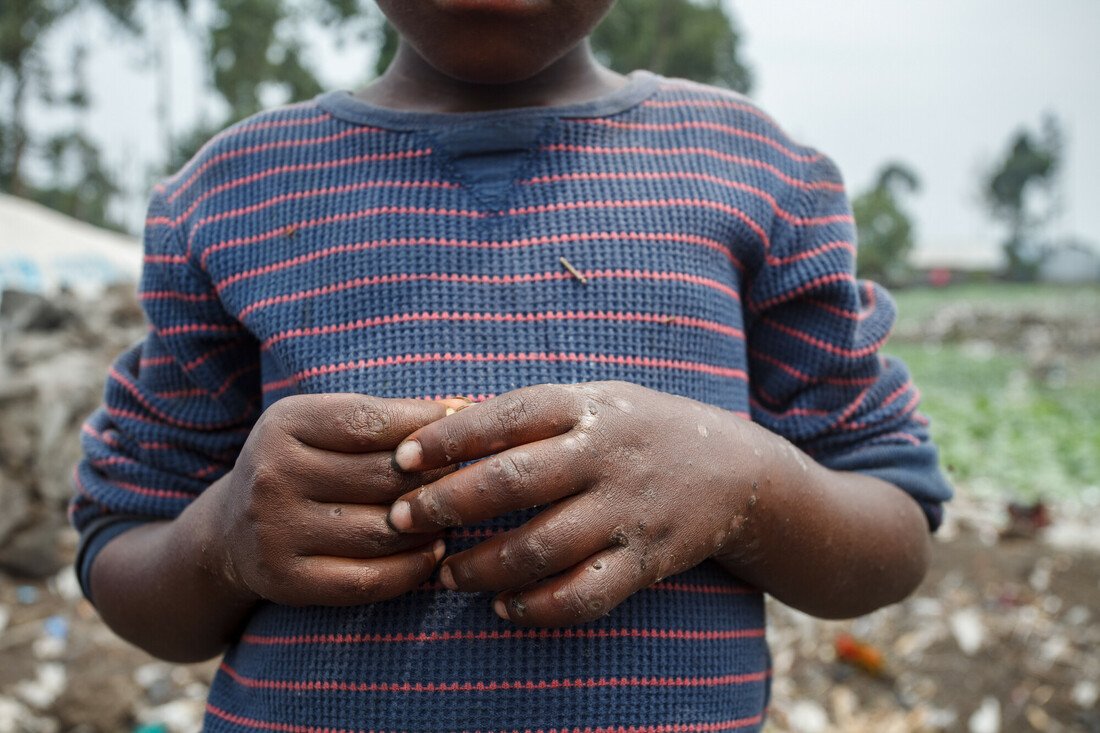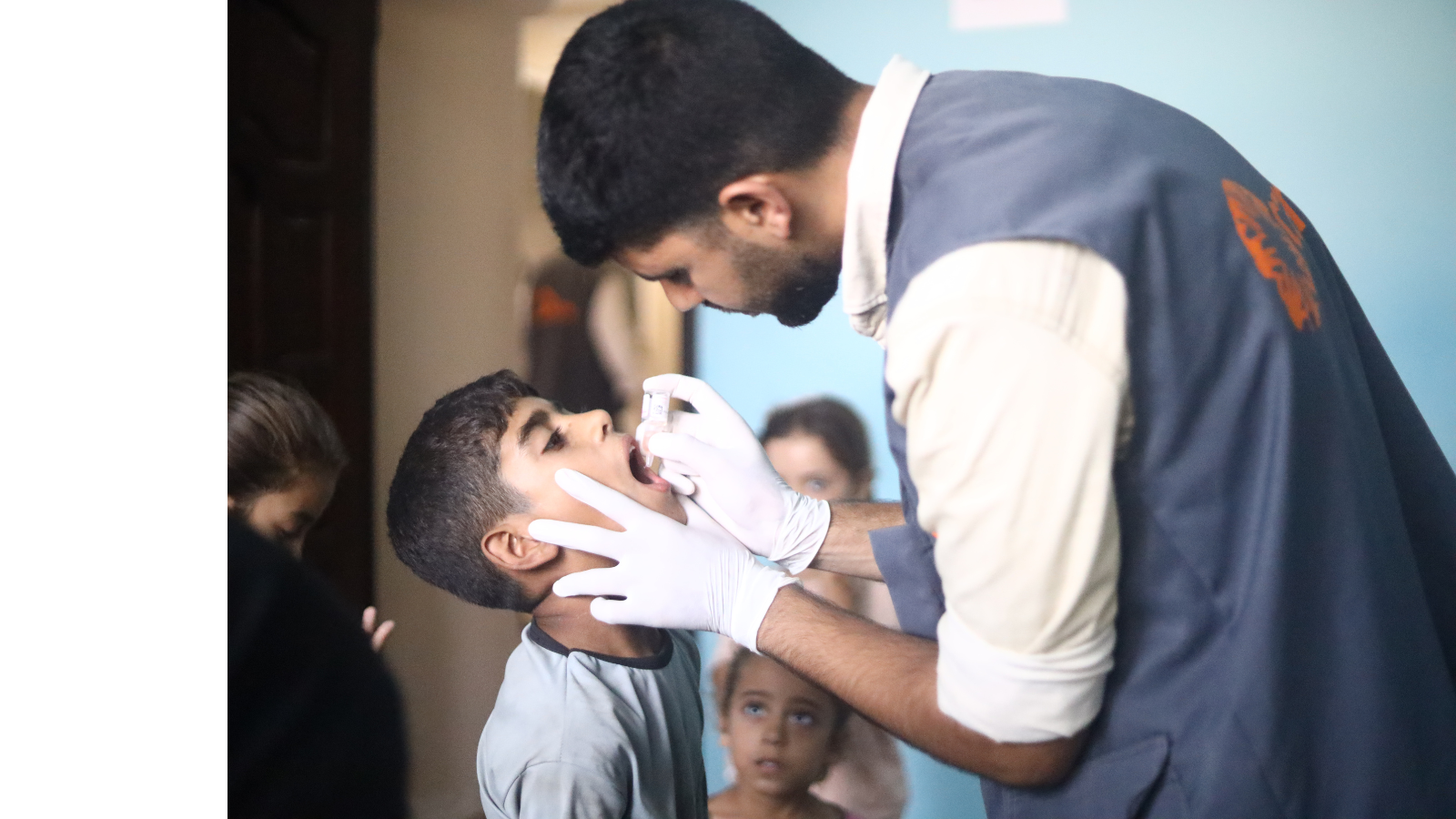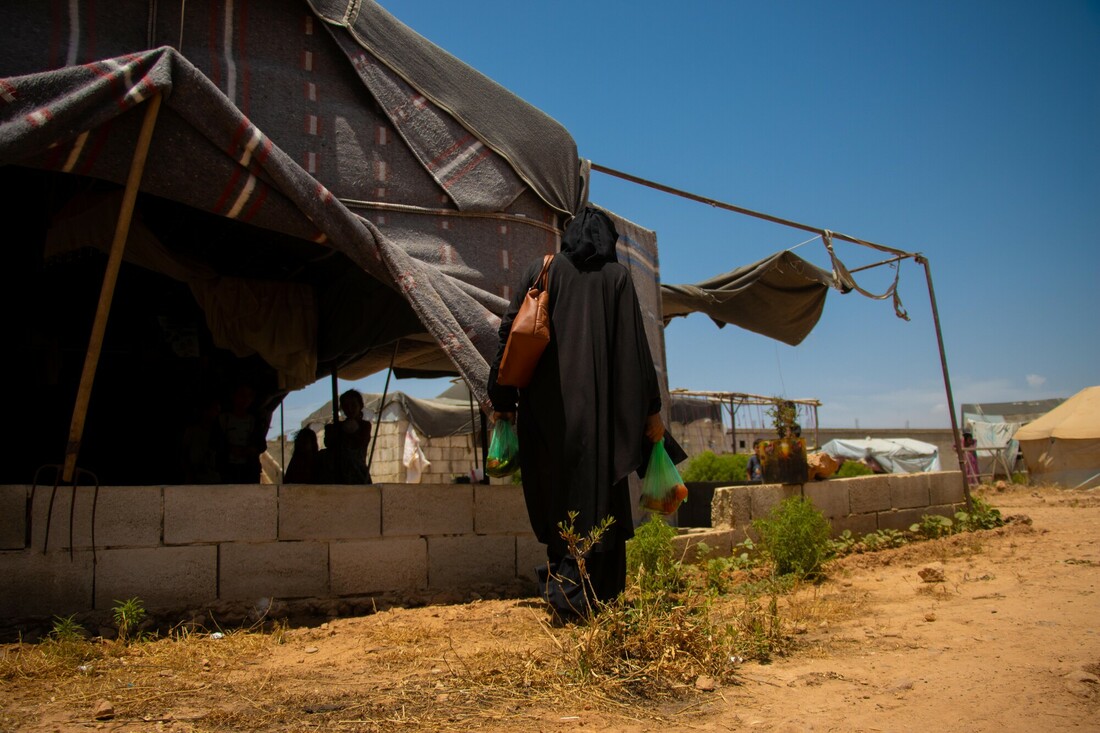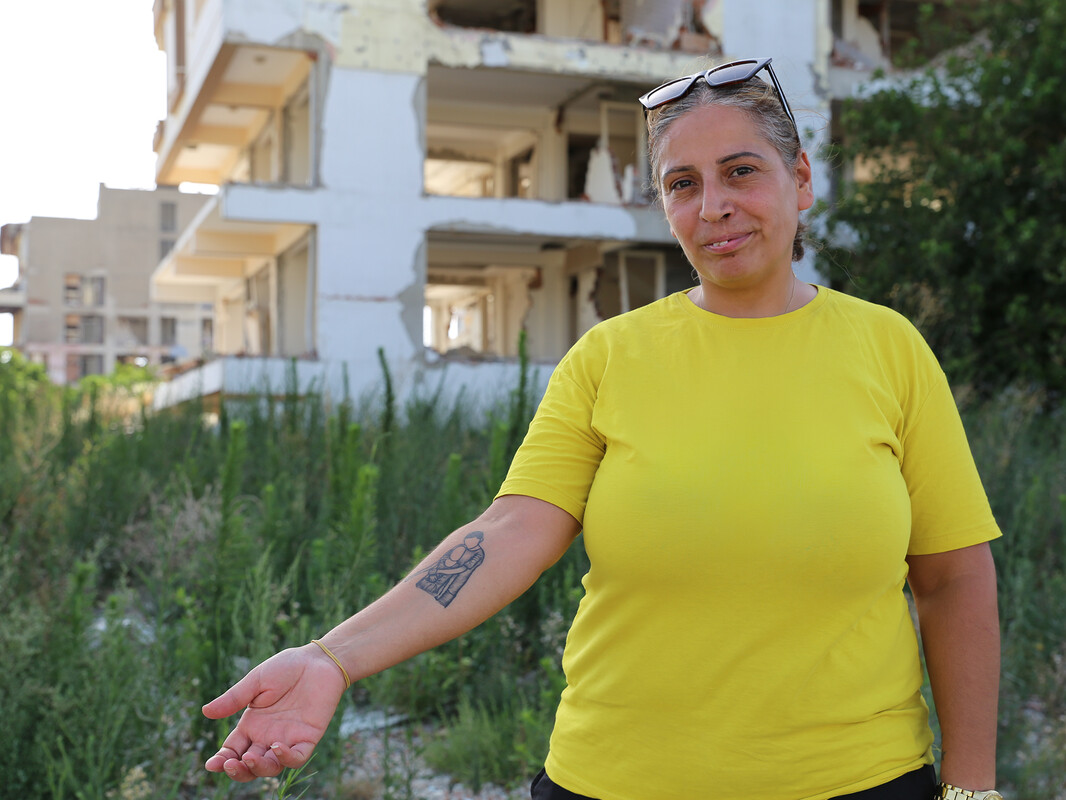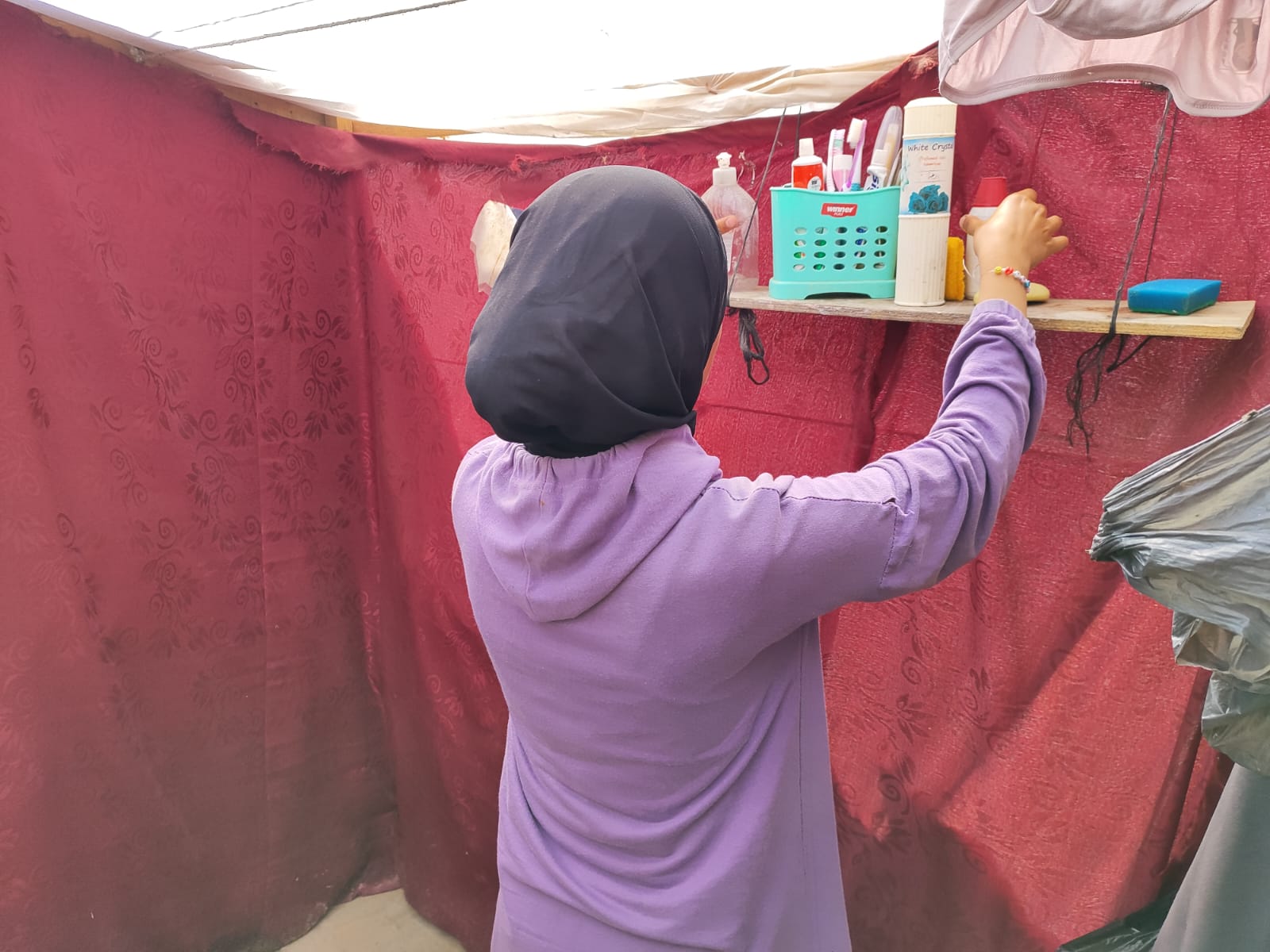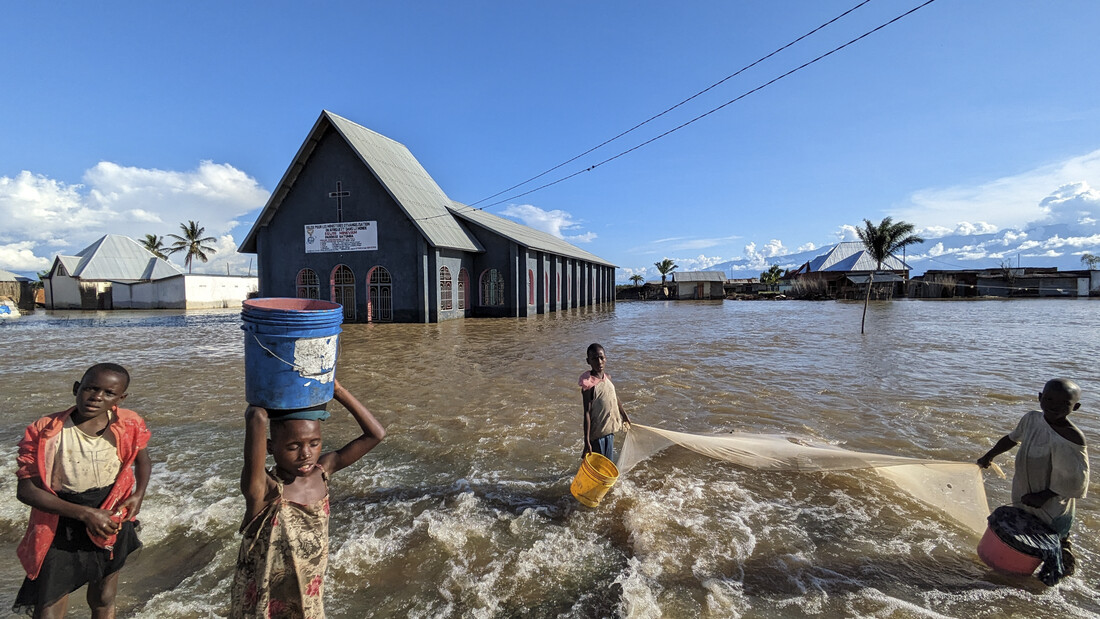Better access to water, food, and nutrition
An estimated two billion people around the world do not have regular access to safe, nutritious, and sufficient food. Around 25% of the global population do not have access to clean water, and 1.7 billion people do not have access to adequate sanitation, such as private toilets or latrines.
To help meet this challenge, by 2030, our aim is that 75 million people will better exercise their right to adequate food, water and nutrition. We aim to support 25 million people, at least 55% of whom are women, to produce more healthy food, have better access to water and sanitation, and improve their nutrition. This will include women small-scale food producers, women and girls living in water scarcity or water stressed areas, as well as refugees and internally displaced people.
What is CARE International doing to improve food, water, and nutrition security?
CARE International draws on decades of work protecting and enhancing food, water, and nutrition security for the most vulnerable.
During our 2020 Program Strategy, CARE International and partners helped 22 million people in 52 countries increase food security or improve nutrition or sustainable agriculture.
In addition, we have helped 8.2 million people in 18 countries access new or improved clean water or sanitation services. Our 2030 impact strategy builds on these achievements.
CARE International’s work in food and water systems adheres to the principles of sustainability, productivity, equity, and resilience (SuPER), which address the needs of today’s world, and future generations:
- Sustainable: Grounded in healthy ecosystems, stable and enduring institutions, and sustainable financing.
- Productive: Increasing small-scale farmer production and profits, earned through increased returns on investment, results in nutritionally balanced diets, and is water smart and climate resilient.
- Equitable: Enables realization of rights, opportunities, resources, and rewards for marginalized people, with particular focus on the needs of women.
- Resilient: Allows individuals, families, communities, and systems to be able to withstand shocks and stresses, including climate impacts and other risks and to transform their lives and escape poverty.
CARE International will prioritize our work based on the following criteria:
- Countries where we have a significant record working on food and water systems and whose Global Hunger Index is considered either serious or alarming
- Regions experiencing high water insecurity including geographies such as the Sahel, Horn of Africa, Middle East, the dry corridor of Central America, and the high Andes of South America
- Our humanitarian programming will respond to emerging crises in these or any other geographies
Read our Vision 2030 Impact Area Strategy for the Right to Food, Water and Nutrition here.
